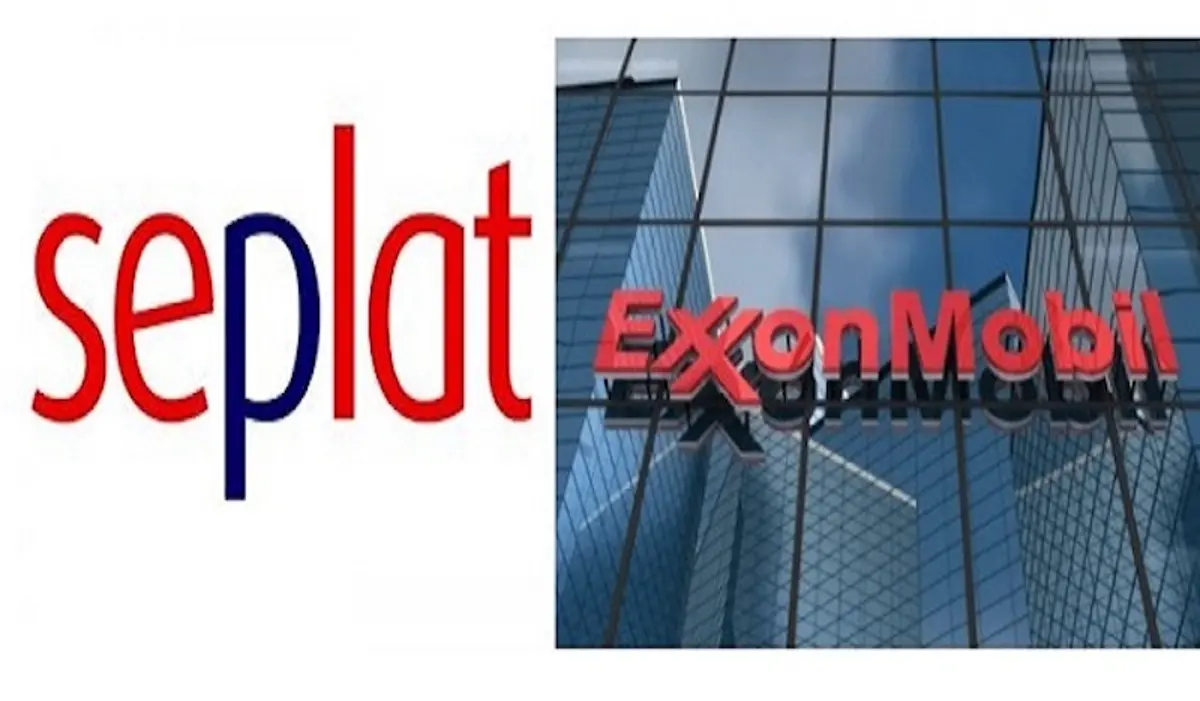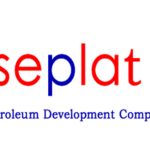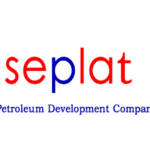Citing lack of coordination among the various agencies involved, President Muhammadu Buhari decided to reverse the approval he had earlier given for the sale of assets belonging to oil giant, ExxonMobil in Nigeria to Seplat Energy, an indigenous Nigerian oil and gas company.
A statement from the Presidency issued by presidential spokesman, Garba Shehu, on the issue, explained that President Buhari decided to support the position of the Nigerian Upstream Petroleum Regulatory Commission (NUPRC), which had called for a halt on the deal on the grounds that it was a regulatory matter that comes under its purview as provided in the Petroleum Industry Act (PIA).
- Zungeru Dam: FG to provide security cover for speedy completion
- 2,044 stranded Nigerians repatriated from Libya in 8 months
The deal, which seeks to transfer the bulk onshore and marginal field assets of ExxonMobil to Seplat worth 1.3 billion United States dollars, has been mired in controversy prior to the president’s intervention.
When earlier in February this year, Seplat announced it had reached an agreement with ExxonMobil to acquire the assets in question, the Nigerian National Petroleum Company Limited (NNPC) sought and secured an injunction from the Federal High Court, Abuja, which granted an “Order of interim injunction’’ on July 6, stopping ExxonMobil from competing “In a unit that ultimately operates four licences in Nigeria’’. NNPC’s grounds for blocking the transaction was mainly hinged on its rights of first refusal as a joint operating partner of the NNPC/ExxonMobil venture, which it claims the ExxonMobil/Seplat transaction contravenes.
The Akwa Ibom State Government which hosts the bulk of ExxonMobil’s operations in Nigeria and which stands to be invariably affected by the transaction one way or the other has also weighed in with its objection to the deal. A statement issued by the state Attorney-General and Commissioner for Justice, Uko Essien Udom, stated that “The proposed transaction is subject to restraining orders of an injunction of the High Court of Akwa Ibom State sitting in Uyo in suits no HEK/56/2018.
In overriding the NNPC and the judgement of the Federal High Court as well as those of the High Court of Akwa Ibom on the issue, the federal government appeared to have been persuaded initially by Seplat’s counter argument that the ExxonMobil assets it seeks to acquire, which come under the oil mining licences (OML) are still guided by the old Petroleum Act (PA) that is yet to be converted to the PIA. Seplat relied on section 303 (1) of the PIA, which expressly states that the law does not apply to unconverted oil prospecting licences (OPLs) and OMLs until both are renewed and thus converted to the PIA regime. Seplat also argued that since it was not mentioned as a party in the lawsuit by the NNPC at the Federal High Court, it would continue with arrangements to close the deal with ExxonMobil. Accordingly, President Buhari in his capacity as substantive Minister of Petroleum was within his rights to approve the deal under the provisions of the PIA, so goes the argument from Seplat.
However, all things considered, we believe that the position by the NUPRC was the right one to take under the circumstances. Section 95 (15) of the PIA clearly states that “A holder of a petroleum exploration licence shall not assign, novate or transfer his licence or any right, power or interest without prior written consent of the commission’’.
In this regard, we agree with the statement by NUPRC’s Chief Executive Officer, Gbenga Akomolafe, that the Commission, being the sole regulator of such matters in the Nigerian upstream sector acted under the powers granted it by the PIA 2021, to suspend the deal. We further believe that the NUPRCs position is a bold statement on the pivotal role of regulatory institutions in our system. The fact that a regulatory institution like the NUPRC could not only boldly contradict the president on what it sees as its core legal mandate but also got him to act in accordance with the provisions of the law is something worth commending.
This gives hope that indeed the government will be true to its word in allowing the operation of Nigeria’s oil and gas industry to be governed by the extant provisions of the PIA.
Although a final position on the ExxonMobil/Seplat deal has not been reached, being a matter under consideration by law courts and the regulatory authorities at this juncture, we can only call on all concerned to continue with the negotiations in order to arrive at a mutually agreeable solution to all parties. We believe that while the transaction stands to benefit Nigeria eventually, it must be done under the ambit of the PIA.

 Join Daily Trust WhatsApp Community For Quick Access To News and Happenings Around You.
Join Daily Trust WhatsApp Community For Quick Access To News and Happenings Around You.
